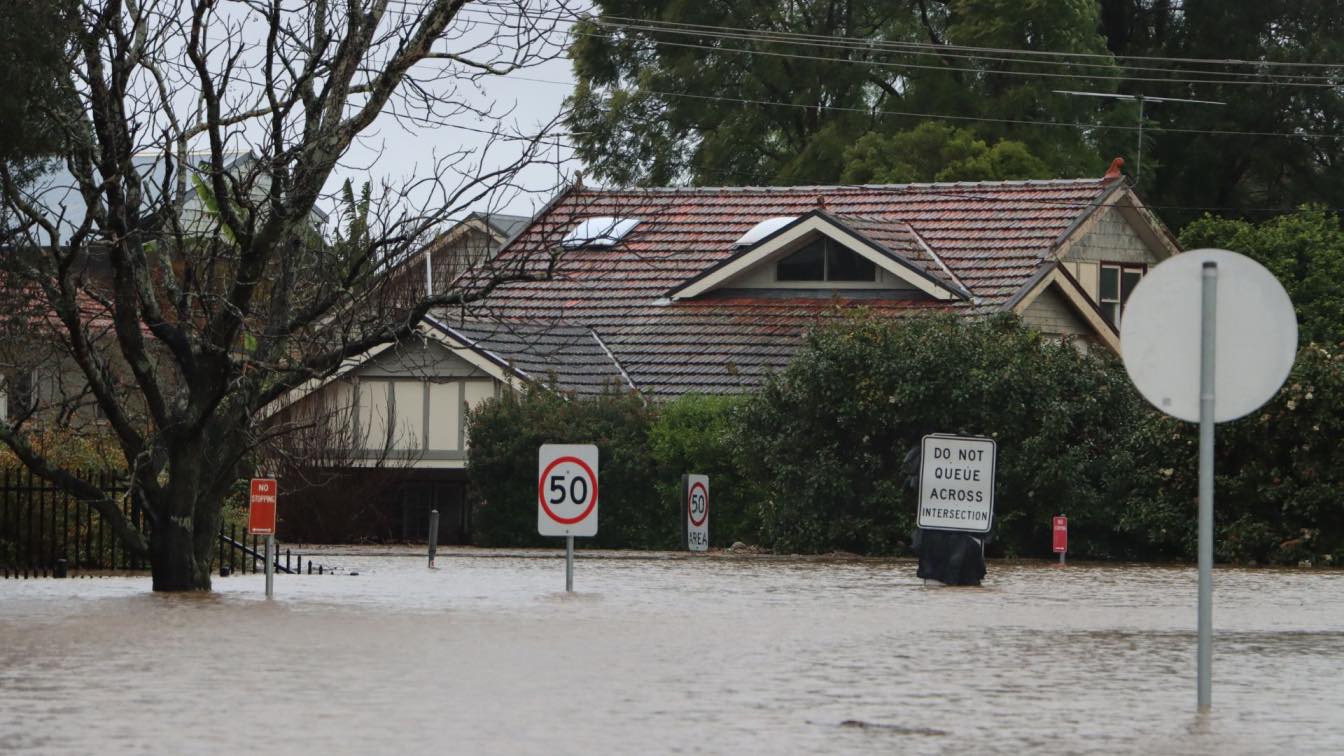Experiencing a flood in your home can be an incredibly distressing and overwhelming situation. From the initial shock of water damage to the daunting task of cleanup and restoration, the emotional and financial toll can be significant. Once the immediate crisis has passed, a crucial decision arises: should you sell your flooded house or undertake the necessary repairs? In this article, we will delve into the factors you should consider when making this pivotal choice.
Assess the Extent of the Damage
The first step in determining whether to sell or repair your flooded house is to assess the extent of the damage. Flooding can cause various types of damage, such as structural, electrical, and mold growth. Engage a professional inspector who specializes in water damage to thoroughly evaluate your property. They will provide an expert assessment of the damage and help you gauge the feasibility and cost of repairs. Once the assessment is done, it's time to call experts. Lilac City homeowners always look for the best Spokane water damage restoration services and you should too. Experts in water damage restoration have the necessary experience, skills, and equipment to tackle flood damage effectively.
Evaluate Repair Costs
Once you have a comprehensive understanding of the damage, it is crucial to evaluate the repair costs. Obtain estimates from reputable contractors or restoration companies for the necessary repairs. Take into account not only the direct repair expenses but also any additional costs that may arise during the restoration process. These could include temporary accommodation, storage for your belongings, and the replacement of damaged furniture and personal items.
Compare the total repair costs against the current market value of your home. If the repairs are extensive and the expenses outweigh the potential increase in value, it might be financially prudent to consider selling your house instead.
Consider Insurance Coverage
Review your homeowner's insurance policy to determine the extent of your coverage for flood-related damages. Insurance coverage varies depending on the type of policy you have and the cause of the flooding. While some policies cover flood damage caused by burst pipes or faulty appliances, they may not provide coverage for natural disasters like hurricanes or heavy rainfall.
If your insurance coverage is comprehensive and adequately covers the cost of repairs, it might be more feasible to repair your flooded house. However, if the coverage falls short or you do not have insurance that specifically covers flooding, selling your home might be a more viable option.
Understand the Future Risks
Before making a decision, it is essential to understand the future risks associated with your location. Research the history of flooding in your area and consult local authorities or floodplain maps to assess the likelihood of future incidents. If your house is situated in a high-risk flood zone, the risk of future flooding and potential damage may be significant. In such cases, selling your house and relocating to a safer area might be a wise choice to mitigate future risks.
Emotional Considerations
While financial and practical aspects play a crucial role in the decision-making process, emotional considerations should not be overlooked. Your home holds sentimental value and memories that can be challenging to part with. Evaluate your emotional attachment to the property and assess whether the stress and effort required for repairs outweigh the potential benefits.
If the emotional toll is too great, or if you find it difficult to envision your home in its pre-flood condition, selling your house and starting anew might provide a fresh start and peace of mind.
Seek Professional Advice
Making a decision as significant as selling or repairing your flooded house can be overwhelming. Seek professional advice from a real estate agent, a financial advisor, or a property restoration expert. These professionals can provide insights based on their expertise and experience, helping you navigate the complexities of the situation.
Ultimately, the choice between selling or repairing your flooded house depends on a variety of factors, including the extent of the damage, repair costs, insurance coverage, future risks, emotional considerations, and professional advice. Take the time to carefully evaluate each factor and consider the short-term and long-term implications of your decision.
Remember, this is not a decision to be made hastily. Prioritize your well-being, financial stability, and peace of mind as you weigh the options before you. With thoughtful consideration and guidance, you can make an informed choice that best aligns with your circumstances and goals.





